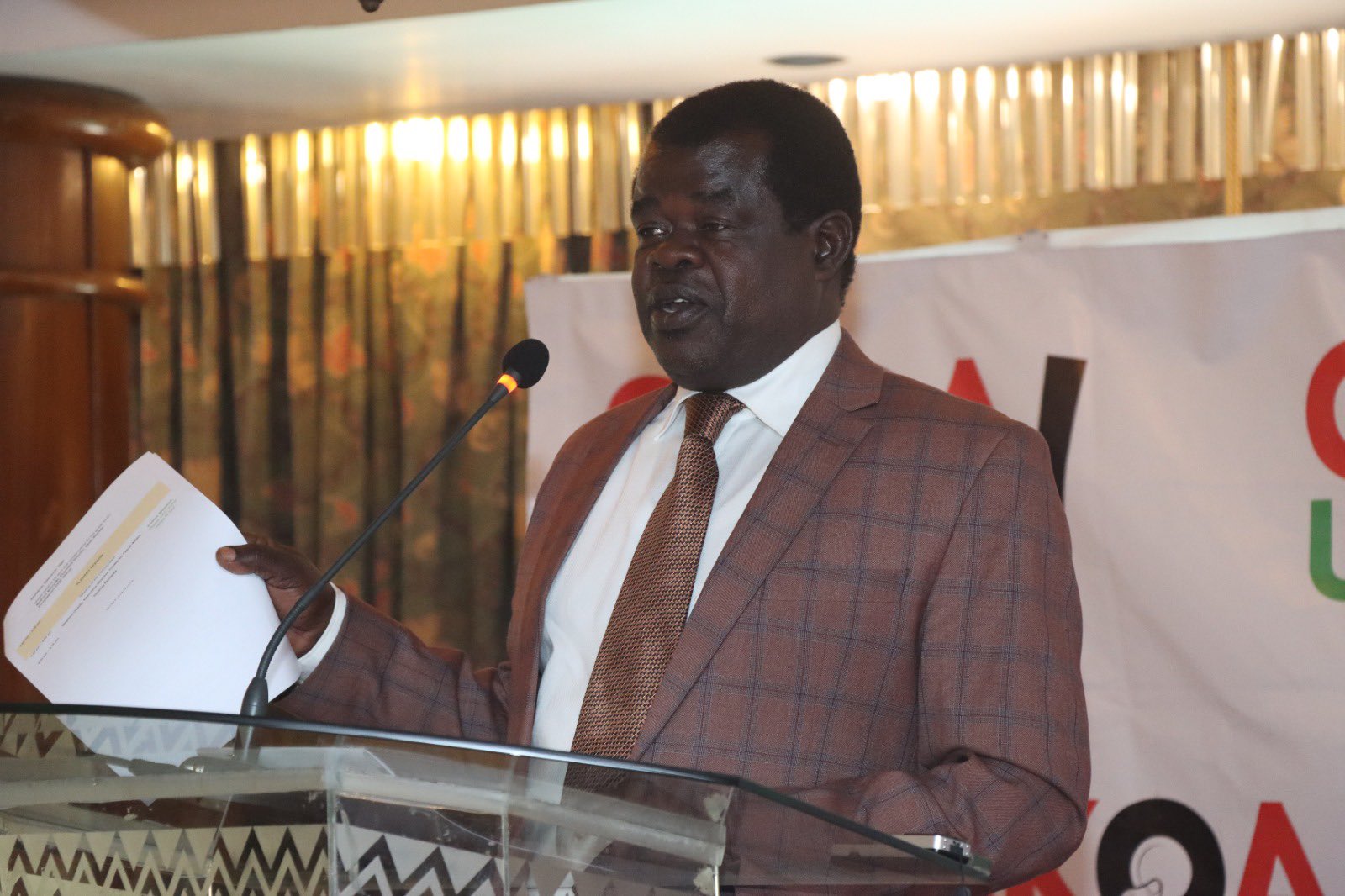Senator Okiya Omtatah and two other petitioners have moved to the High Court seeking to stop the launch of the Social Health Insurance Fund (SHIF) and cancel the government’s contract with a consortium led by Safaricom PLC.
The petitioners, including Eliud Karanja Matindi and Dr. Magare-Gikenyi Benjamin, argue that the SHIF’s implementation is unconstitutional due to the absence of necessary legislation and have raised concerns over the legality of the procurement process for an integrated health IT system.
In their petition, filed under a Certificate of Urgency, the petitioners are asking the court to issue interim orders suspending the SHIF’s rollout. They claim that the required subsidiary legislation to operationalize the Social Health Insurance Act has been annulled by the Senate and is therefore void. The trio contends that the government is rushing to implement the fund using unlawful regulations, risking public resources in the process.
Senator Omtatah, a seasoned public interest advocate, shared his concerns on social media: “We filed a court petition to stop the launch of the Social Health Insurance Fund (SHIF). We also seek to quash the contract between the government and the Safaricom Consortium, citing concerns over the lack of legislation to operationalize the fund.”
At the core of the petition is a challenge to the Ministry of Health’s award of Tender No. MOH/SDMS/ADM/SPPP/005/2023-2024 to the Safaricom Consortium, which includes Safaricom PLC, Konvergenz Network Solutions Limited, and Apeiro Limited. The petitioners argue that the contract, which seeks to implement an Integrated Healthcare Information Technology System for Universal Health Care (UHC), was unlawfully awarded. They contend that the process violated constitutional provisions on public procurement, and have asked the court to quash the decision.
The petitioners have submitted classified documents to the court, which they claim expose the contract as part of a fraudulent scheme orchestrated by corrupt government officials and insiders within the Safaricom Consortium. According to the petition, the Safaricom Consortium is portrayed as an investor, but in reality, it is merely a software vendor that will retain all rights to its product while charging Kenyans for its use.
The documents allege that the consortium has no financial investment in the project and that the deal is designed to siphon off large sums of money from the SHIF or, if contributions fall short, from the Consolidated Fund. The petitioners argue that such a contract is detrimental to public finances, offering no value for money while locking Kenyans into costly service agreements.
In the petition, the three petitioners assert: “Not only is the contract unlawful; Kenyans will not get any value for money from it. Further, there is no justification for contracting the Safaricom Consortium when it is the exclusive mandate of the Digital Health Agency, under the Digital Health Act (No. 15 of 2023), to deliver such a system.”
They argue that the Digital Health Agency, a statutory body established specifically to manage Kenya’s health IT infrastructure, should have been tasked with the project instead of outsourcing it to private companies.
The petition also questions the transparency of the procurement process, claiming that the government violated the Constitution’s requirements for public procurement under Articles 201 and 227, which call for fair, equitable, and transparent use of public resources. The petitioners demand that the court annul the contract and compel the government to follow proper legal procedures in awarding such tenders.
The Ministry of Health, Safaricom PLC, and the Public Procurement Regulatory Authority are among the respondents in the case. Several civil society organizations, including the Law Society of Kenya, Transparency International, and the Kenya Human Rights Commission, have been listed as interested parties.
The petitioners highlight that the rushed implementation of the SHIF without proper legal safeguards could result in the mismanagement of billions of shillings meant for healthcare reform, further exacerbating Kenya’s challenges in providing equitable access to health services.
Senator Omtatah, a long-standing advocate for constitutional rights and transparency, stated, “This is a deliberate and coordinated attempt to defraud the Kenyan people. Safaricom Consortium is pretending to be an investor, but they’re selling us software that will not add value to the Kenyan economy.”
The petitioners insist that until the necessary legislative framework is in place, the SHIF cannot lawfully be launched. They also question why the government bypassed existing public health institutions, such as the Digital Health Agency, to award such a large contract to private corporations, which they allege are simply capitalizing on public funds without contributing meaningful investment.
















